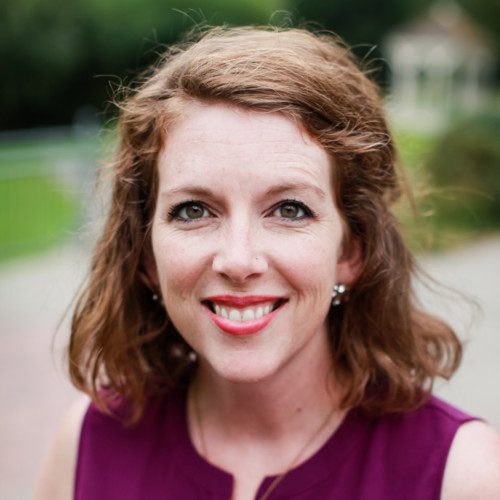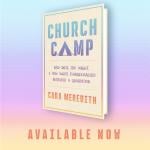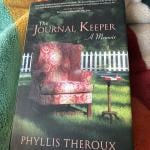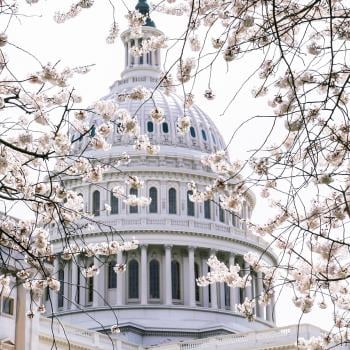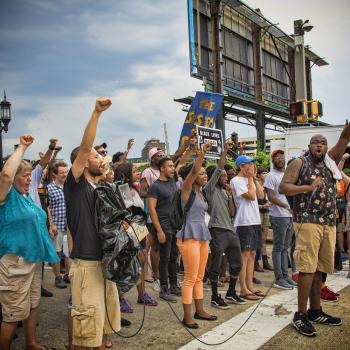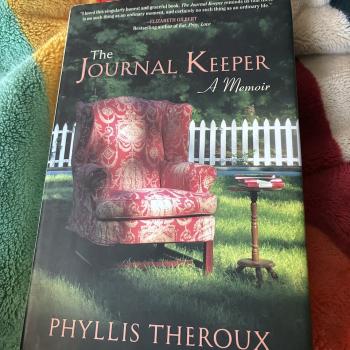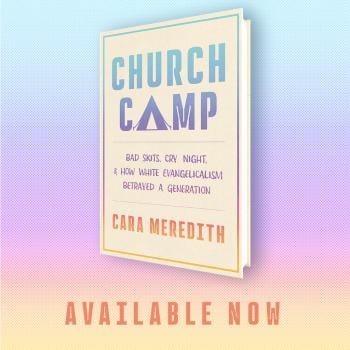I recently picked up the following book in a neighborhood Free Little Library.
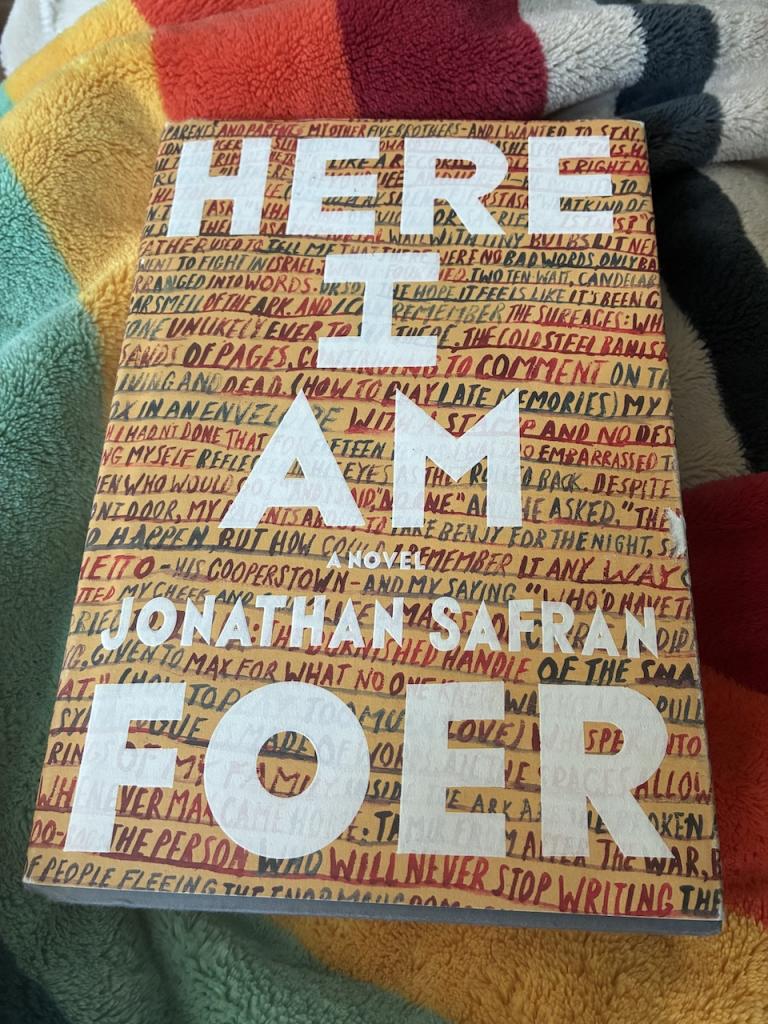
Jonathan Safran Foer, as you may recall, is also the author of Extremely Loud & Incredibly Close, which was a New York Times bestseller, was shortlisted for the International Dublin Literary Award, and was adapted into a movie.
Here I Am released 11 years later, and tells the story of a Washington D.C.-based Jewish family over the course of four weeks. As you may know (and read about here), I’m a fan of stories that span particular, short lengths of time: My newest book, Church Camp, does exactly that but over the course of seven days.
Alas, Here I Am wasn’t my favorite of long, laborious reads, but I also don’t believe in posting negative reviews just for the sake of stirring up controversy, proving a point, or throwing a writer under the bus, in general. I know what it takes to write and publish a book and there were certainly bits and bobs of Foer’s book that I appreciated.
As such, here are three quotes I loved from Here I Am, which I’ll add my own thought to as well:
On choices:
“We read Hamlet in school this year, and everybody knows the whole ‘To be or not to be’ business, and we talked about it for like three consecutive classes — the choice between life and death, action and reflection, whatever and whatever. It was kind of going nowhere until my friend Billie said something incredibly smart. She said, ‘Isn’t there another option besides those two? Like, to mostly be or mostly not be, that is the question.’ And that got me thinking that also maybe one doesn’t have to exactly choose. ‘To be or not to be. That is the question.’ To be and not to be. That is the answer.” (452)
Perhaps because the world I grew up in (read: the white evangelical world I grew up in) valued black and white narratives over everything else, I find so much comfort in mystery and in the gray. There’s something about the ampersand symbol and about embracing the conjunction and over the same connective tissue of a word, or. As it goes, rewriting Shakespeare’s words then felt rather affirming to me.
On closeness:
“Closeness,” he said, surveying the congregation. “It’s easy to be close, but almost impossible to stay close. Think about friends. Think about hobbies. Even ideas. They’re close to us – sometimes so close we think they are part of us — and then, at some point, they aren’t close anymore. They go away. Only one thing can keep something close over time: holding it there. Grappling with it. Wrestling it to the ground, as Jacob did with the angel, and refusing to let go. What we don’t wrestle we let go of. Love isn’t the absence of struggle. Love is struggle.” (512)
Whether we title this section closeness or love or something in between, I really like where the character ends with ideas of closeness. The only thing that keeps something close is to hold it there, but even that comes with undue amounts of grappling and wrestling and struggling along the way. Feels pretty true, in a thousand different ways!
On love:
I loved my boy beyond my capacity to love, but I didn’t love the love. Because it was overwhelming. Because it was necessarily cruel. Because it couldn’t fit into my body, and so deformed itself into a kind of agonizing hyper vigilance that complicated what should have been the most uncomplicated of things — nurturing and play. Because it was too much love for happiness. I was right about that, too. (521)
Love is a complicated thing, to be sure. I think this is why I love when writers (or painters, or directors, just to name a few) are able to expand the definition beyond the surface and into something even more deeper, real, and true. You need not understand the fullness of this quote to be able to appreciate its depth, because sometimes love is not as neat and tidy as Valentine’s Day makes it out to be.
So, there you go. Have you read Here I Am yet? Will you pick it up after reading this short post? Leave a comment and let me know!
*Post contains Bookshop links.


